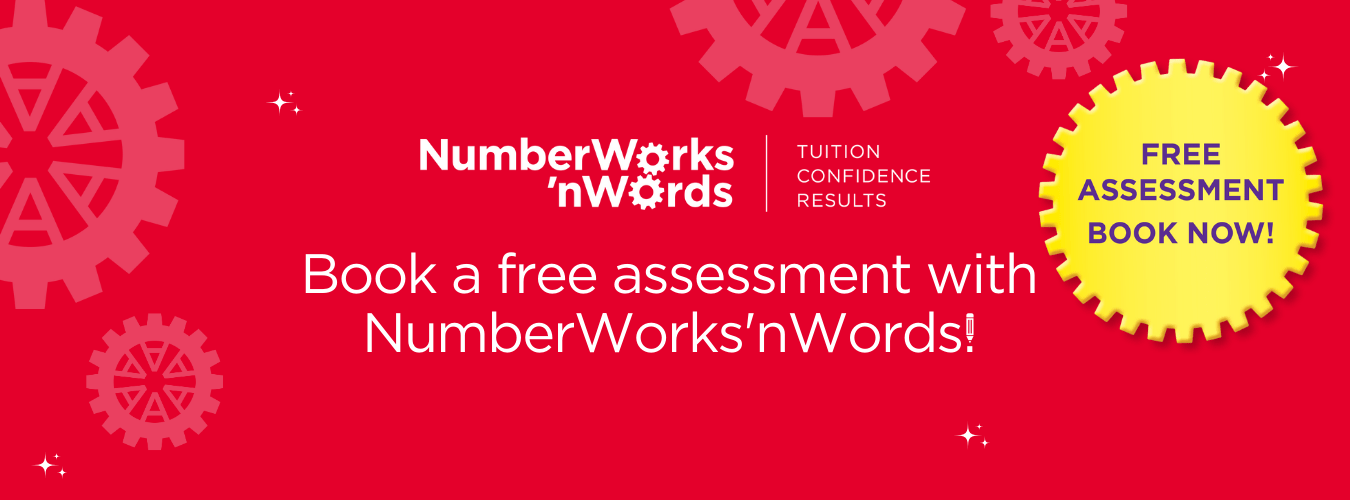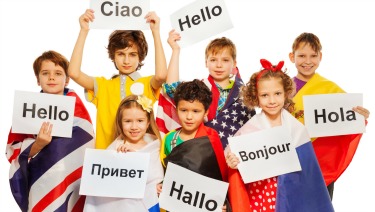Navigating the Digital Reading Landscape: Embracing the Evolution
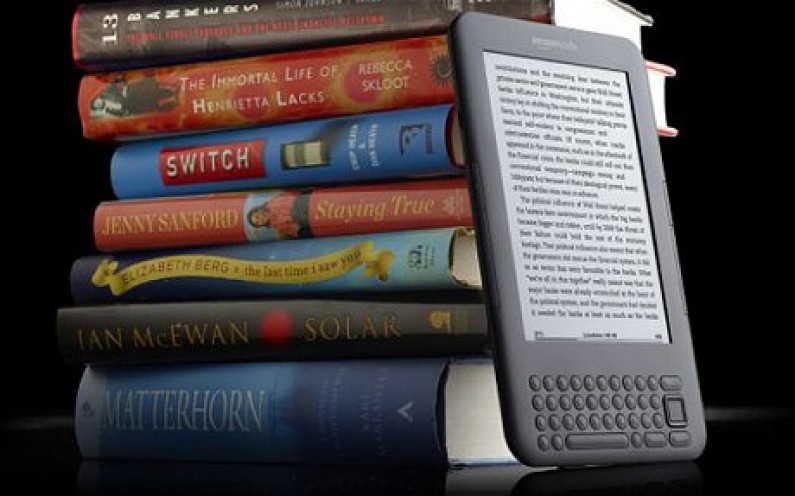
The digital age has ushered in a transformative revolution in the way we read, leading to a fascinating discourse between print enthusiasts and avid online readers.
In this blog, we dive into the reading books vs reading online debate and discuss reading comprehension, digital literacy, learning strategies, cognitive benefits, accessibility and future innovations to ensure you're prepared to help your child thrive.
Is your child struggling to keep up with schoolwork? Are they falling behind? Are they bored in class? Or are you looking for extension work for your child? Check out our eBook to learn more about how we help your child improve academically and build confidence through our in-centre after-school tuition.
As online reading rises, researchers, educators, and parents worldwide are delving into the intricate differences between reading in print and online. Early research yielded inconclusive results, but the evolution of technology has since blurred the lines between these two mediums.
E-readers, such as Kindles, have gained a dedicated following due to their lightweight convenience and cost-effectiveness.
Yet, traditionalists argue there's an irreplaceable charm in the tactile experience of flipping through the pages of a physical book. With education relying increasingly on digital resources, concerns arise about potential declines in reading skills, especially for more extended texts.
Reading Comprehension
Studies have shed light on various factors influencing reading comprehension. Research suggests that the length of the text plays a pivotal role, with lengthy material often favouring print for its immersive experience.
Additionally, the type of material and the timeframe allowed for reading significantly impact comprehension. Surprisingly, despite the digital era's rise, paper-based reading has shown a growing advantage, defying initial expectations.
Recent studies have compared print books with digital platforms like Kindle, revealing subtle differences. While basic recall tests showed little variance, print readers outperformed in areas involving the spatial and sequential recall of events in linear narratives. This phenomenon is attributed to the tactile aspects of print, such as page-turning, and creating mental placeholders that aid in deep reading.
However, the evolution of technology has bridged the gap between print and digital reading experiences. E-readers now simulate the tactile sensations of print, offering features like bookmarking and page-turning.
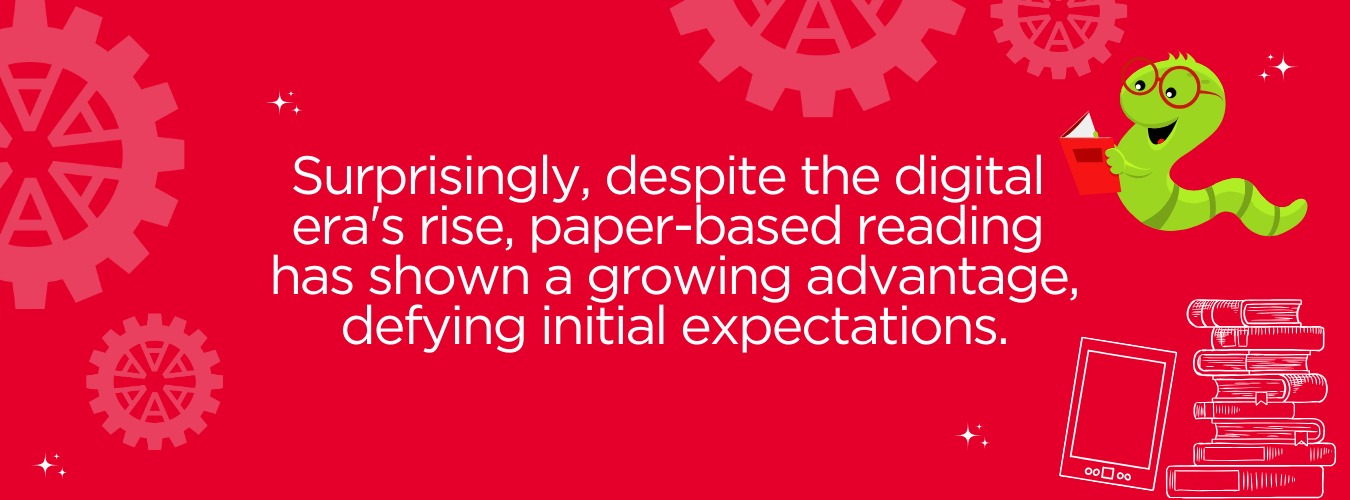
Moreover, the integration of multimedia elements in digital platforms enriches the reading experience, catering to diverse learning styles. Interactive features, audiovisual content, and hyperlinks provide depth, making complex subjects accessible and enjoyable, especially in educational contexts.
Literacy and Learning Strategies
In the ongoing debate between print and online reading, an essential aspect to consider is the development of digital literacy skills. In today's technology-driven world, being proficient in navigating digital platforms, discerning credible information from online sources, and understanding various multimedia formats are indispensable skills.
Educational institutions are adapting their curricula to incorporate digital literacy education, empowering students to critically evaluate online content. Learning to use search engines efficiently, fact-checking information, and critically analysing online articles are crucial skills that bridge the gap between traditional reading and the digital landscape.
By nurturing these skills, readers can engage with a broader range of content while maintaining a discerning eye, ensuring a well-rounded and informed reading experience.
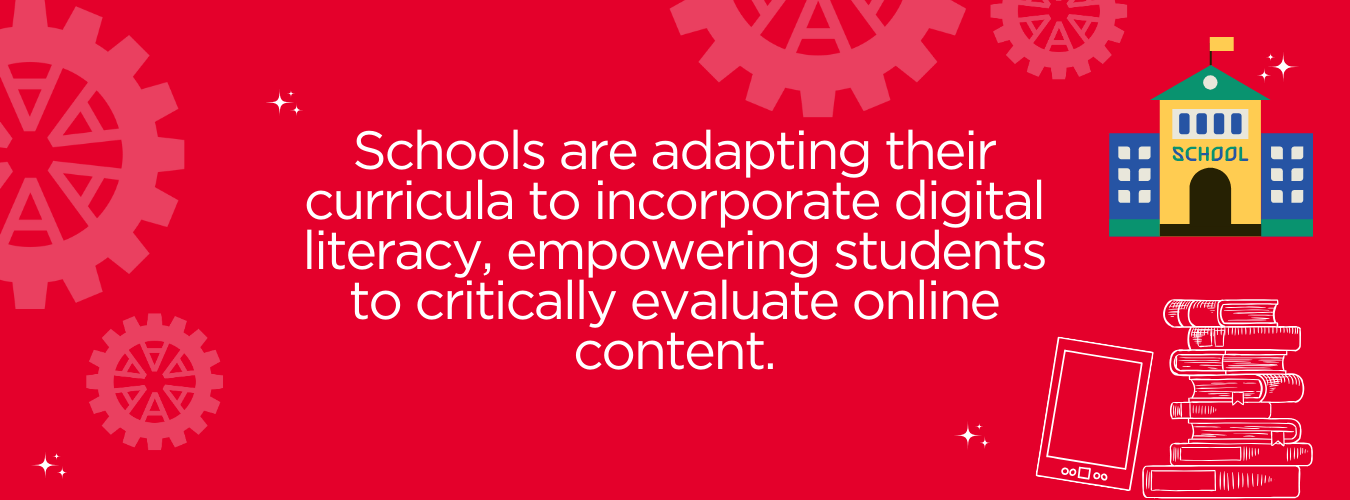
Digital Reading and Cognitive Benefits
In addition to the ongoing debate about the format, exploring the cognitive benefits of digital reading is imperative. Research suggests that digital reading can enhance critical thinking skills and improve information retention.
Interactive features in e-books, such as clickable footnotes and multimedia annotations, encourage active engagement, stimulating the reader's mind. Moreover, online platforms often foster a sense of community through forums and discussion threads, enabling readers to share perspectives and engage in intellectual discourse.
These interactive elements not only enhance the reading experience but also promote cognitive development, encouraging readers to think critically, question assumptions, and analyse diverse viewpoints. As digital reading continues to evolve, understanding its cognitive impacts becomes essential, offering valuable insights into how technology shapes our intellectual capacities and cognitive processes.
Cultural Preservation and Accessible Reading
Digital platforms have significantly contributed to the preservation and accessibility of cultural heritage and literature. Libraries and museums worldwide are digitising rare manuscripts, historical documents, and artworks, making them accessible to a global audience. Digital archives ensure that fragile, ancient texts are preserved for future generations, fostering cultural exchange and understanding.
Additionally, online reading platforms provide opportunities for diverse voices to be heard. Authors from marginalised communities can publish their work digitally, reaching a wider readership and breaking down barriers in the literary world. This democratisation of literature promotes inclusivity, enabling readers to explore perspectives and stories they might not encounter in traditional print media.
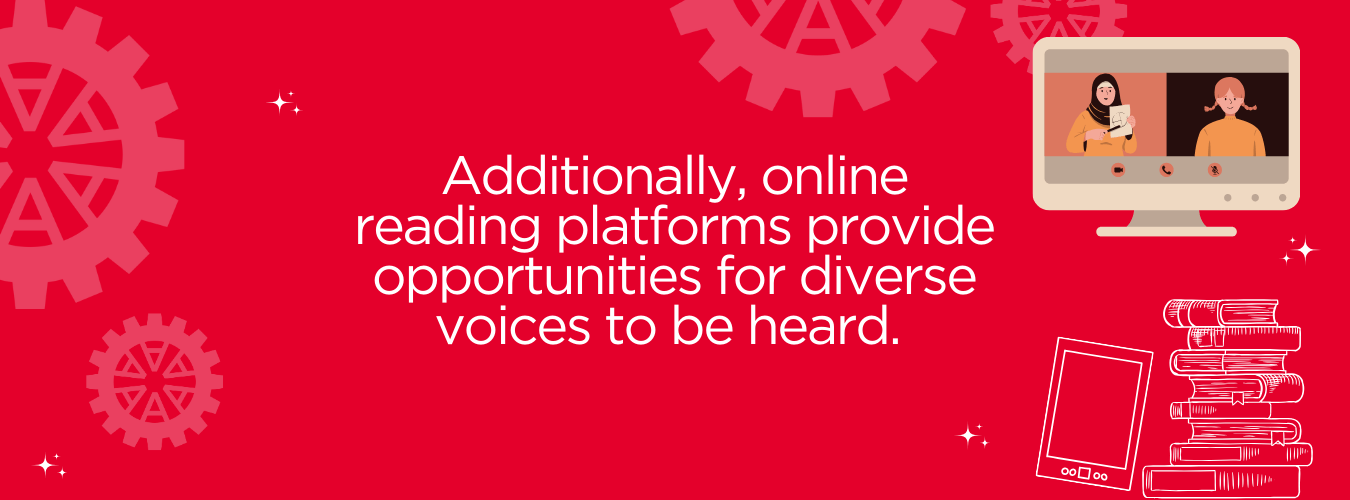
Future Innovations and Augmented Reading Experiences
Looking ahead, advancements in technology promise exciting innovations in the realm of reading. Augmented reality (AR) and virtual reality (VR) applications are being developed to create immersive reading experiences. Imagine reading a historical novel and virtually stepping into the setting, or exploring scientific concepts through interactive simulations.
AR and VR have the potential to revolutionise education, providing interactive, three-dimensional learning environments. Furthermore, artificial intelligence (AI) algorithms are being employed to personalise reading recommendations, tailoring reading lists to individual preferences and fostering a deeper connection with literature.
As these innovations continue to unfold, the line between print and online reading will blur further, offering readers unparalleled opportunities for exploration, education, and entertainment in the digital age.
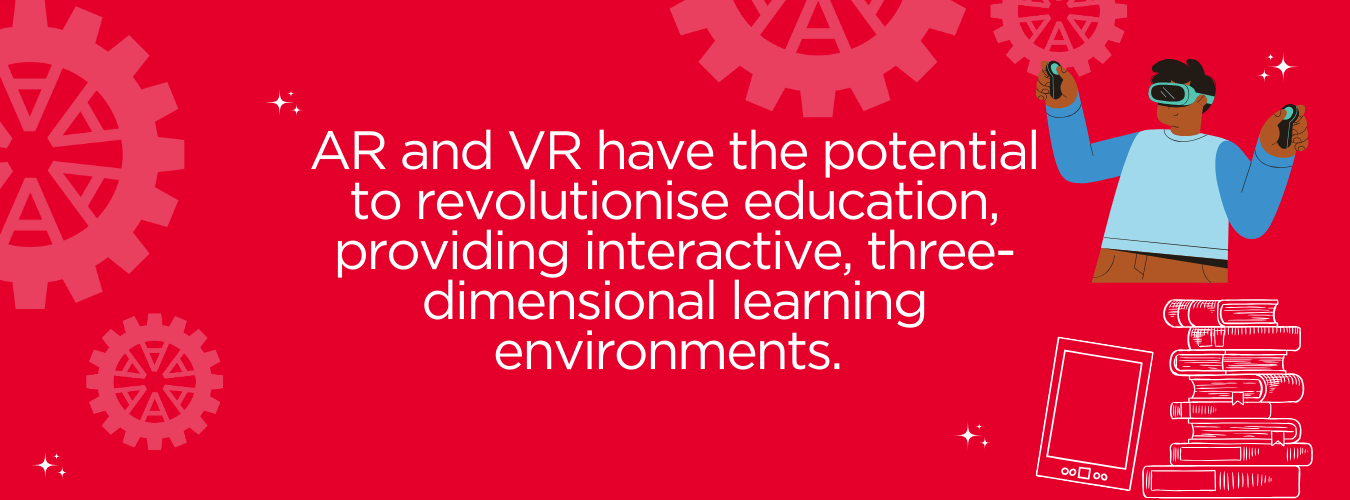
In this ever-evolving landscape, readers are poised to benefit from a multitude of formats, each offering unique advantages. Embracing the digital reading revolution means not just adapting to change but also welcoming a future where literature, knowledge, and cultural experiences are more accessible and diverse than ever before.
In light of the evolving relationship between print and online reading, our individualised tutoring approach at NumberWorks’nWords serves as a guiding beacon for young learners. We understand the importance of adapting to the digital age while fostering a deep appreciation for traditional literary forms.
To learn more about our tutoring programmes tailored to meet the needs of each child, book a free assessment or contact your local centre.
